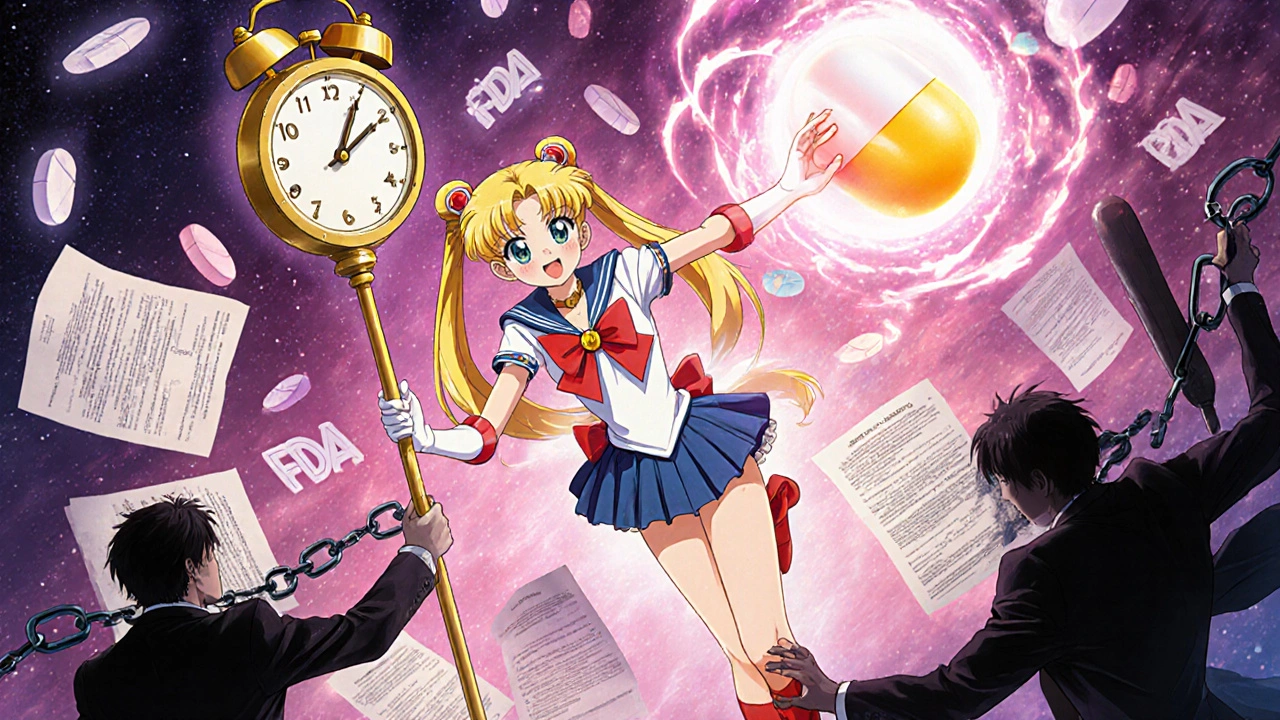Hatch-Waxman Act: How It Shapes Generic Drug Access and Drug Prices
When you buy a generic version of a brand-name drug, you’re benefiting from a law passed in 1984 called the Hatch-Waxman Act, a U.S. law that created a path for generic drugs to enter the market without repeating full clinical trials. Also known as the Drug Price Competition and Patent Term Restoration Act, it was designed to make medicines cheaper without killing innovation. Before this law, generic companies had to prove a drug was safe and effective from scratch—costing millions and taking years. Hatch-Waxman let them prove their version was the same as the brand, cutting time and cost dramatically.
But here’s the twist: the law didn’t just speed up generics. It gave the first company to challenge a brand’s patent a special prize—180 days of market exclusivity, a temporary monopoly where no other generic can sell the same drug. The idea was simple: reward the risk-taker who files a Paragraph IV certification, a legal notice that says a patent is invalid or won’t be infringed, and they’ll push prices down fast. But in practice, some companies use this rule to delay competitors. They file a Paragraph IV challenge, then sit on the approval instead of launching, keeping prices high while blocking others from entering.
This isn’t just theory—it’s why you sometimes see one generic on the shelf for months, then suddenly five more appear. It’s also why some generic drugs cost way more than they should, even years after the patent expired. The ANDA, Abbreviated New Drug Application, the official form generic companies submit to the FDA under Hatch-Waxman is supposed to be the fast track to affordability. But when exclusivity is manipulated, that track gets blocked.
What you’ll find below are real stories about how this law plays out in the real world: how one company’s filing can delay a cheaper version of your blood pressure pill, why some generics never show up even after patents expire, and how the FDA’s rules sometimes fail to stop these delays. You’ll also see how this connects to everything from opioid constipation treatments to heart meds—because if a generic drug doesn’t launch, you’re paying more for every pill you take. This isn’t just about paperwork. It’s about what’s in your medicine cabinet and what’s in your wallet.
